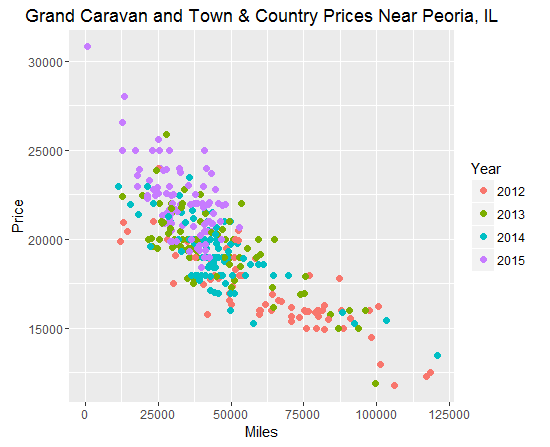Look Ma, I'm on Hugo!
The last couple months I’ve been playing around with migrating this blog over from WordPress to Hugo, the static site generator built on Go. Due to “reasons,” many of which probably don’t apply to the average WordPress blogger, and some of which involved me being finicky about certain expectations, this turned out to be more of a hassle than I anticipated. While the new version of the site has been up and running for over a month now, I’ve been slow to post because I’ve continued to spend my time tweaking and improving, but I can feel the old itch to write.










